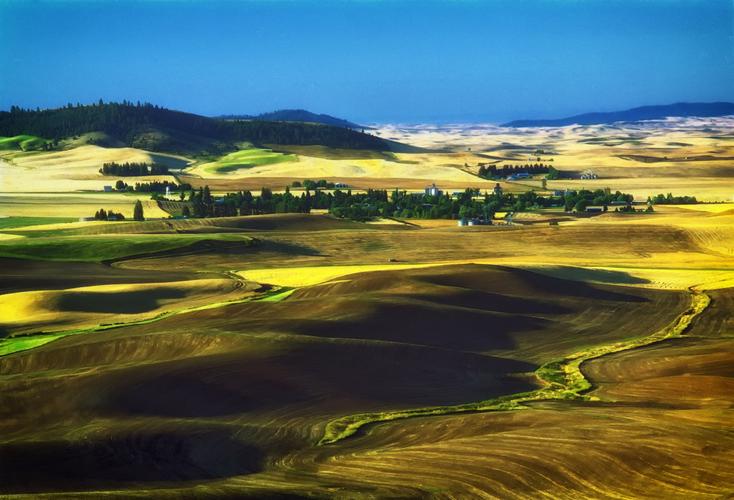Introduction
Sustainable agriculture is a method of farming that focuses on long-term productivity without harming the environment. It involves using methods and techniques that rebuild soil fertility, conserve water, and reduce pollution. Sustainable agriculture is essential for food security, economic development, and environmental protection. In this blog post, we will explore the importance of sustainable agriculture and provide a guide for farmers, consumers, and policymakers.
1. Food Security
Sustainable agriculture is critical for ensuring food security, particularly in developing countries where most people rely on agriculture for their livelihoods. Sustainable agriculture practices like soil conservation, crop diversification, and water management help improve soil quality, crop yields and prevent soil erosion. These practices also help farmers adapt to the impacts of climate change and reduce the risk of crop failure.
2. Economic Development
Sustainable agriculture is also an essential driver of economic development. It supports local businesses and creates jobs in rural areas. Sustainable practices like crop rotation, integrated pest management, and agroforestry promote biodiversity, improve soil health, and reduce costs associated with chemical inputs.
3. Environmental Protection
Sustainable agriculture is vital for preserving the environment. It reduces the use of synthetic fertilizers and pesticides that can harm water quality and soil health. Sustainable agriculture practices like cover cropping, conservation tillage, and crop rotation help build soil health, retain soil moisture, and reduce greenhouse gas emissions.
A Guide to Sustainable Agriculture
1. Soil Conservation
Soil conservation practices like cover cropping, minimum tillage, and conservation tillage help reduce soil erosion, improve soil quality, and retain soil moisture.
2. Crop Diversification
Crop diversification involves growing different crops in a rotational system, which helps reduce soil-borne diseases, pests, and weeds. Crop diversification also promotes biodiversity, improves soil health, and reduces the need for synthetic inputs.
3. Water Management
Water management practices like drip irrigation, mulching, and rainwater harvesting help conserve water, reduce water wastage, and improve soil moisture.
4. Integrated Pest Management
Integrated pest management is a holistic approach to pest management that utilizes biological, mechanical, and cultural methods to control pests effectively. This approach reduces the use of synthetic pesticides and promotes biodiversity.
Conclusion
In conclusion, sustainable agriculture is critical for food security, economic development, and environmental protection. As a farmer, consumer, or policymaker, you can promote sustainable agriculture by adopting sustainable practices like soil conservation, crop diversification, water management, and integrated pest management. By working together, we can ensure that agriculture remains sustainable for future generations.
(Note: Do you have knowledge or insights to share? Unlock new opportunities and expand your reach by joining our authors team. Click Registration to join us and share your expertise with our readers.)
Speech tips:
Please note that any statements involving politics will not be approved.
